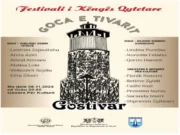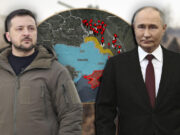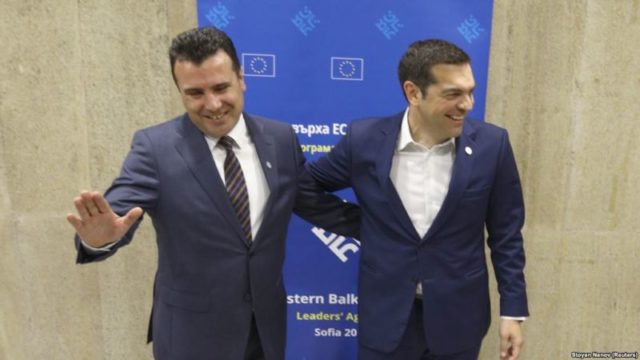As Skopje pushes forward to change its constitution to implement the ‘name’ deal with Greece, the ratification of agreement by Athens might be threatened by domestic politics, a Greek diplomat told BIRN.
As Skopje pushes forward with constitutional changes to implement the ‘name’ deal with Greece, there’s a race against time going on in Athens, retired Greek diplomat and former ambassador to Kosovo Dimitris Moschopoulos told BIRN in an interview.
“The name deal has a chance only if the agreement comes to the Greek parliament for ratification as long as the current Greek government is still in place,” Moschopoulos explained.
“If elections take place in Greece before that and the government loses, the current opposition would kill it,” he warned.
The deal, which would see Macedonia’s name changed to assuage Greek sensibilities, needs to be adopted with a simple majority vote in the Greek parliament – 151 votes out of 300.
The main opposition parties, as well as Syriza’s populist junior coalition allies, the Independent Greeks, will vote against the deal.
“But it seems that some independents will vote in favour and this way the government would be able to get the 151 votes to pass the agreement,” Moschopoulos pointed out.
This means the fate of the deal depends on when elections take place in Greece.
“The current deadline is in October 2019. But the government can set the date of elections anytime they feel their chances are better. There is talk of the elections taking place at the same time as the European elections on May 29,” Moschopoulos explained.
Pre-election opinion polls do not look good for Syriza. The most recent opinion poll released by ProtoThema newspaper in Greece suggested that New Democracy would win with 36.8 per cent, while Syriza would only get 23.7 per cent.
“More than that, some devilish rumours in Athens also say that the government might even declare early elections before the agreement reaches parliament so that the hot potato would be in the opposition’s yard,” Moschopoulos said.
The truth is that for Greece, the stakes are not as high as they are for Macedonia, he explained.
While Skopje’s hoped-for NATO membership depends on solving its differences with its neighbours, for Greece the matter of Macedonia is just a topic that nationalists and conservatives can play with, he added.
Moschopoulos said that the government in Athens did not do a great job of informing the public properly about the deal, which would see Macedonia renamed the Republic of North Macedonia.
“Their only concern was how to divide the opposition. The leadership of the opposition has agreed throughout the years on the position that Greece would favour a solution with a composite name which includes Macedonia, but also a geographical adjective,” he said.
“But at the same time, the majority of the people and the New Democracy opposition party rejected this idea. They don’t want the word Macedonia in the name of the northern neighbour at all,” he added.
The Greek opposition also believes that the Macedonian language, which in the agreement is defined as a south Slavic language, should not be named Macedonian at all. Moreover, citizens of the renamed Republic of North Macedonia should not be called Macedonians.
“It is stupid in the 21st Century to fight over who is the rightful descendant of Alexander the Great,” Moschopoulos said. But, he added, saying Macedonian politicians often provoked Greek nationalists.
A very telling incident, he says, was the former vice-president of parliament in Skopje, Antonio Milososki, who in 2014 published a picture of himself and members of a group of climbers holding up the Macedonian flag after climbing Mount Olympus.
Moschopoulos also said that even if the so-called Prespa Agreement is ratified by both countries, there are still obstacles to be overcome.
The agreement might have difficulties at the UN, particularly because on October 3, the Russian Foreign Ministry announced that it will bring the deal to the UN Security Council for discussion, arguing that it contravenes international law and the Macedonian constitution.
“Nothing is certain in this world,” Moschopulous concluded./BIRN

















